Transportation Cybersecurity Projects on 2nd Year
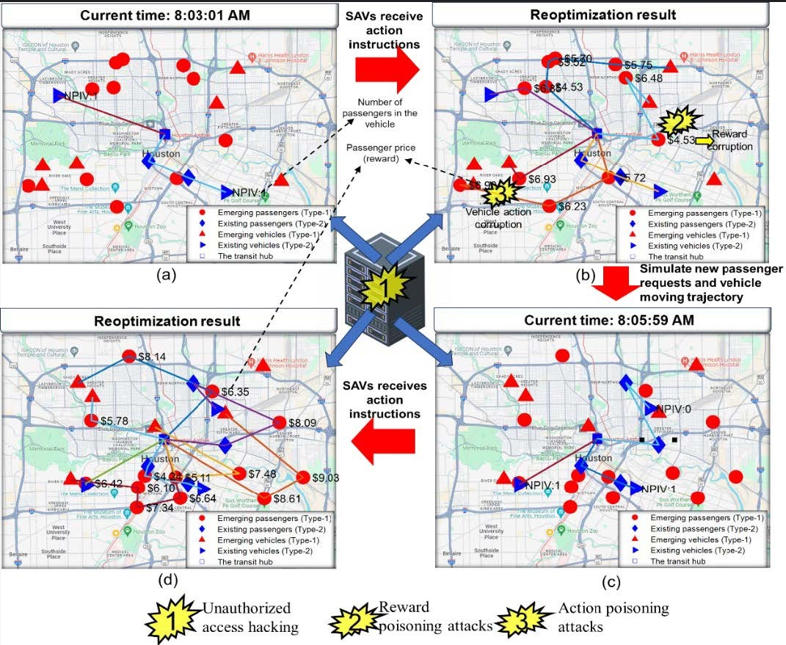
Reducing Transportation Cybersecurity Risks
Federated and Robust Online Matching for Enhancing Cybersecurity in Shared Autonomous Vehicle Ridesharing
This study identifies critical knowledge gaps in privacy and resilience of existing SAV online matching algorithms. Existing centralized algorithms raise privacy concerns and scalability issues, highlighting the need for decentralized approaches to data management.
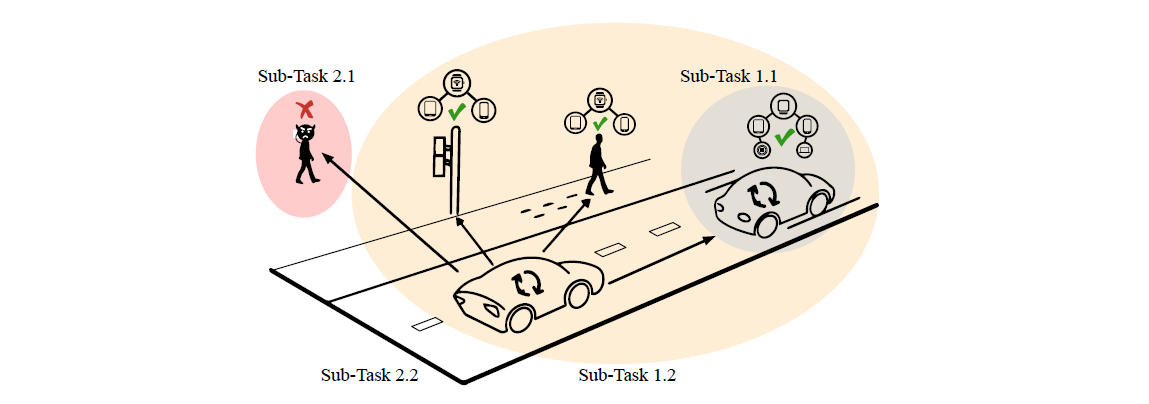
Reducing Transportation Cybersecurity Risks
Light-weight Sensor-based Authentication Scheme for VANET
This project develops algorithms, abstractions, and tools to authenticate entities within two vehicular scenarios: 1) intra-vehicle scenario where the vehicle attempts to authenticatethe driver- or passenger-owned devices; 2) vehicle-to-everything scenario where the vehicle attempts to authenticate other external entities in the vicinity.
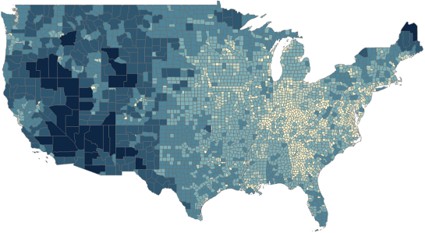
Next-generation Transportation Cybersecurity System
Applying Spatiotemporal Models to Explore the Nexus of Automotive, Cybersecurity, and Transportation and Logistics Industries in the US
This project presents a pioneering approach towards integrating transportation and cybersecurity activities, considering a comprehensive range of factors including business, social, economic, and geographical aspects.
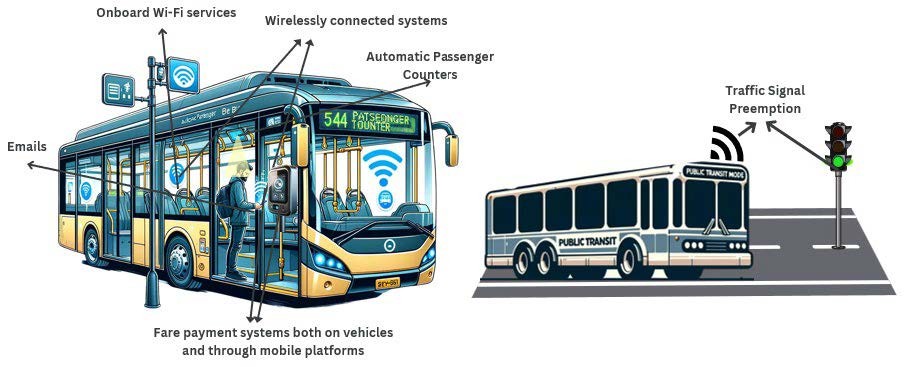
Reducing Transportation Cybersecurity Risks
Nationwide Study on Cybersecurity Risk Responses Among Public Transit Agencies
The research outcomes will provide valuable insights to: 1) understand the best practices for incorporating CAVs into public transportation systems; 2) safeguard critical transportation infrastructure and passenger data; and 3) foster resilience against evolving cyber threats in the transportation sector.

Next-generation Transportation Cybersecurity System
Assessing Cascading Failures Caused by Cyber Attacks in Future Traffic Systems
This sudden disruption resulted in severe traffic jams as vehicles sought alternative routes. The influx of vehicles overwhelmed these alternatives, alternatives of alternatives, alternatives of alternatives, and so on, exacerbating congestions and causing significant paralysis in the Atlanta’s overall traffic system.
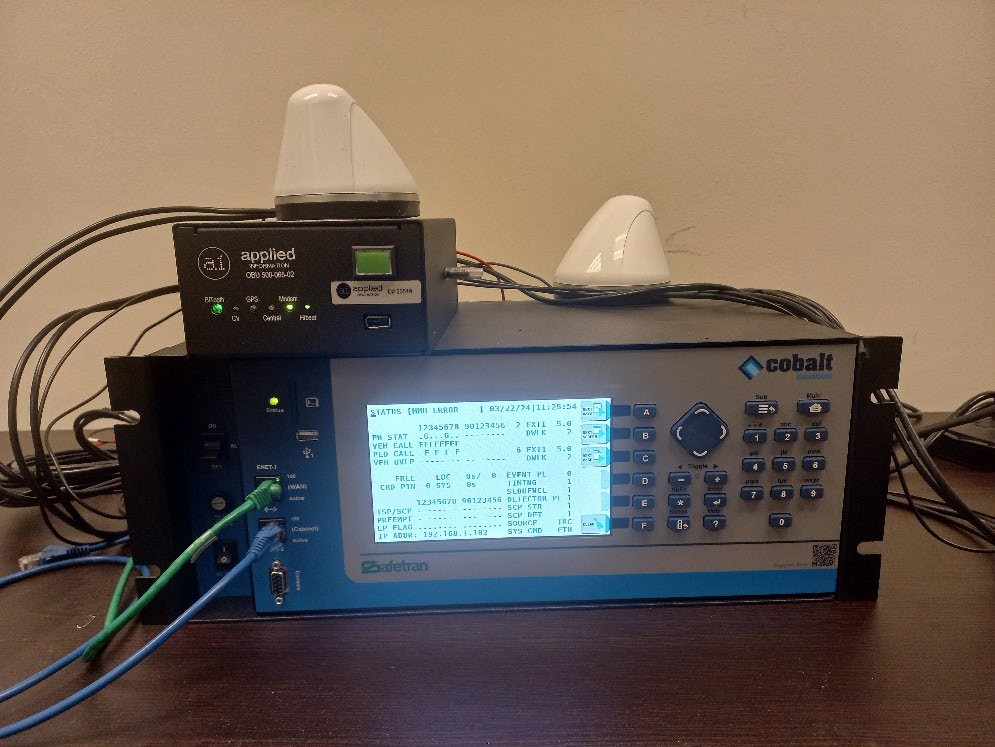
Advanced Traffic Management System (ATMS) Cybersecurity
Develop a Cybersecurity Training Program for Traffic Authority Personnel and K-12 Students Focused on Data-Centric Advanced Traffic Management Systems (ATMS)
The objective of this proposal is to build a comprehensive ATMS cybersecurity training program for the staff of traffic authorities. The goal of this training program is to enhance expertise in ATMS, provide hands-on training sessions, bridge the skills gap in data analytics and AI technology, promote cybersecurity best practices, and cultivate a culture of cybersecurity awareness.

Transportation Data Cybersecurity
Transportation Cyber Resilience Competition
The motivation behind this competition is to foster innovation, awareness, and expertise in the field of transportation cybersecurity. By providing a platform for participants to tackle real-world challenges, we aim to inspire a new generation of cybersecurity professionals dedicated to safeguarding critical transportation systems.